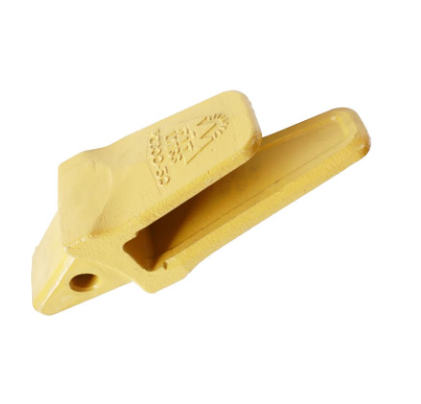
Free Quote
Free Quote

Free Quote
Free Quote
Excavator attachments play a crucial role in enhancing the versatility, efficiency, and productivity of excavators in various industries. These specialized tools are designed to perform specific tasks, allowing excavators to tackle a wide range of applications beyond traditional digging. The importance of excavator attachments can be explored through several key aspects.
Versatility: Excavator attachments significantly increase the versatility of these heavy machines. While the primary function of an excavator is digging, attachments enable them to perform diverse tasks such as grading, lifting, demolishing, and handling materials. With the right attachment, an excavator can seamlessly transition from one task to another, making it a multifunctional tool on the construction site.
Efficiency and Productivity: Attachments are instrumental in boosting the efficiency and productivity of excavators. Rather than relying on manual labor or separate equipment for each task, attachments allow excavators to streamline operations. This results in faster completion of projects, reduced labor costs, and increased overall efficiency. For example, a hydraulic hammer attachment can break down concrete structures much faster than traditional methods.

Cost Savings: Utilizing excavator attachments can lead to significant cost savings for construction and excavation projects. Instead of investing in multiple specialized machines, companies can use a single excavator with various attachments to perform a wide array of tasks. This not only reduces initial capital expenditures but also lowers maintenance and operating costs associated with maintaining a fleet of different machines.
Precision and Accuracy: Excavator attachments enhance precision and accuracy in specific tasks. For instance, a grading bucket attachment allows operators to achieve precise leveling and grading, crucial for projects that demand accuracy, such as road construction or landscaping. The ability to perform intricate tasks with precision minimizes errors and ensures the quality of the final result.
Time Savings: Time is a critical factor in construction and excavation projects. Excavator attachments are designed to expedite various processes, enabling projects to be completed within tighter deadlines. Whether it's the use of a trenching bucket for digging trenches swiftly or a hydraulic thumb for efficient material handling, time savings translate to increased project throughput.

Increased Safety: Excavator attachments contribute to improved safety on job sites. Tasks that would be hazardous for workers to perform manually can be accomplished with greater safety using specialized attachments. For example, attachments like tiltrotators enhance the precision of bucket movements, reducing the risk of accidents and damage to surrounding structures.
Environmental Considerations: Some excavator attachments are designed with environmental considerations in mind. For example, attachments like mulchers or tree shears are used for land clearing without the need for burning, promoting environmentally friendly practices. Additionally, attachments that enable recycling and sorting of materials contribute to sustainable construction practices.
Adaptability to Different Industries: Excavator attachments cater to the diverse needs of various industries. Whether it's construction, forestry, mining, agriculture, or landscaping, there are specialized attachments designed for specific applications. This adaptability makes excavators a versatile and indispensable tool across different sectors.
In conclusion, excavator attachments are pivotal in transforming these heavy machines into versatile, efficient, and adaptable tools for a wide range of applications. Their importance is evident in the positive impact they have on productivity, cost-effectiveness, safety, and environmental sustainability in various industries. As technology continues to advance, new and innovative excavator attachments are likely to further enhance the capabilities and versatility of these machines, driving progress in construction and related fields.